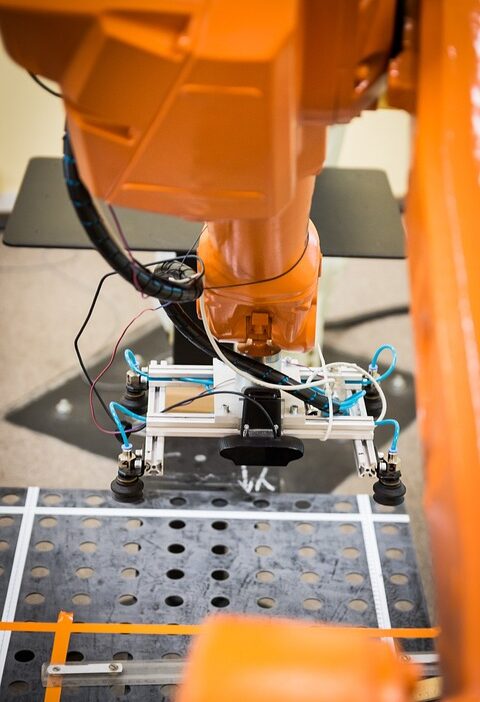In an era where customer expectations are higher than ever, businesses are continuously seeking innovative ways to enhance their service. One of the most compelling advancements in recent years is the integration of AI chatbots into customer service frameworks. From routine inquiries to complex problem-solving, these intelligent tools are redefining customer interactions, making them more efficient, personalized, and scalable.
The Rise of AI Chatbots
AI chatbots are software applications designed to simulate human conversation through voice commands, text chats, or both. Powered by Natural Language Processing (NLP) and machine learning algorithms, these chatbots can understand and respond to customers in a human-like manner. Their rise has coincided with the increasing reliance on digital communication and the demand for 24/7 service availability.
Why Automate Customer Service?
-
24/7 Availability: Unlike human agents, AI chatbots can provide round-the-clock customer support. This ensures that customer inquiries are answered promptly, regardless of time zones or business hours, enhancing overall customer satisfaction.
-
Cost Efficiency: Automating routine tasks reduces the workload for human agents, allowing them to focus on more complex inquiries that require personal attention. This not only decreases operational costs but also improves resource allocation within the company.
-
Scalability: As businesses grow, so do their customer service demands. AI chatbots can handle thousands of queries simultaneously, making them ideal for companies experiencing rapid growth or seasonal spikes in customer interaction.
- Improved Response Times: AI chatbots can provide instant responses, minimizing wait times for customers. Faster responses lead to higher satisfaction rates and create a more positive overall experience.
Enhancing the Customer Experience
1. Personalization
Modern AI chatbots can analyze past interactions and utilize customer data to offer personalized experiences. By remembering individual preferences and previous issues, chatbots can tailor their responses, recommend products, and provide relevant information, creating a more engaging experience.
2. Omnichannel Support
AI chatbots can seamlessly integrate into multiple platforms, such as websites, social media, and messaging apps. This omnichannel capability ensures that customer interactions are consistent across different mediums, allowing customers to switch between platforms without losing context.
3. Proactive Customer Engagement
Beyond merely responding to inquiries, intelligent chatbots can initiate conversations based on customer behavior. For instance, if a customer lingers on a product page, a chatbot can offer assistance, provide additional information, or even suggest similar products, enhancing the chances of conversion.
4. Data Analysis and Feedback
AI chatbots can gather valuable data during customer interactions, offering businesses insights into common issues or customer preferences. This data can be analyzed to improve products and services, while also pinpointing areas where customer service can be enhanced.
Challenges and Considerations
Despite the benefits, implementing AI chatbots is not without challenges:
-
Complex Queries: While AI chatbots excel at handling routine questions, they may struggle with complex inquiries that require critical thinking or nuanced understanding. A hybrid model involving both chatbots and human agents may be necessary.
-
User Experience: Poorly designed chatbots can lead to frustration, especially if they misunderstand questions or provide irrelevant answers. Continuous improvement and regular updates are crucial to maintain effectiveness.
- Privacy Concerns: With the collection of customer data comes the responsibility to safeguard that information. Businesses must be transparent about data usage and comply with privacy regulations to maintain customer trust.
Conclusion
AI chatbots are revolutionizing the landscape of customer service, providing businesses with invaluable tools to enhance the customer experience. By automating routine tasks, offering personalized interactions, and ensuring 24/7 availability, they empower organizations to meet the soaring demands of modern consumers.
As technology continues to evolve, the potential of AI chatbots will only grow. Companies that invest in refining and integrating these intelligent tools into their customer service strategies will undoubtedly find themselves at the forefront of customer satisfaction and loyalty, equipped to thrive in an increasingly competitive marketplace.



